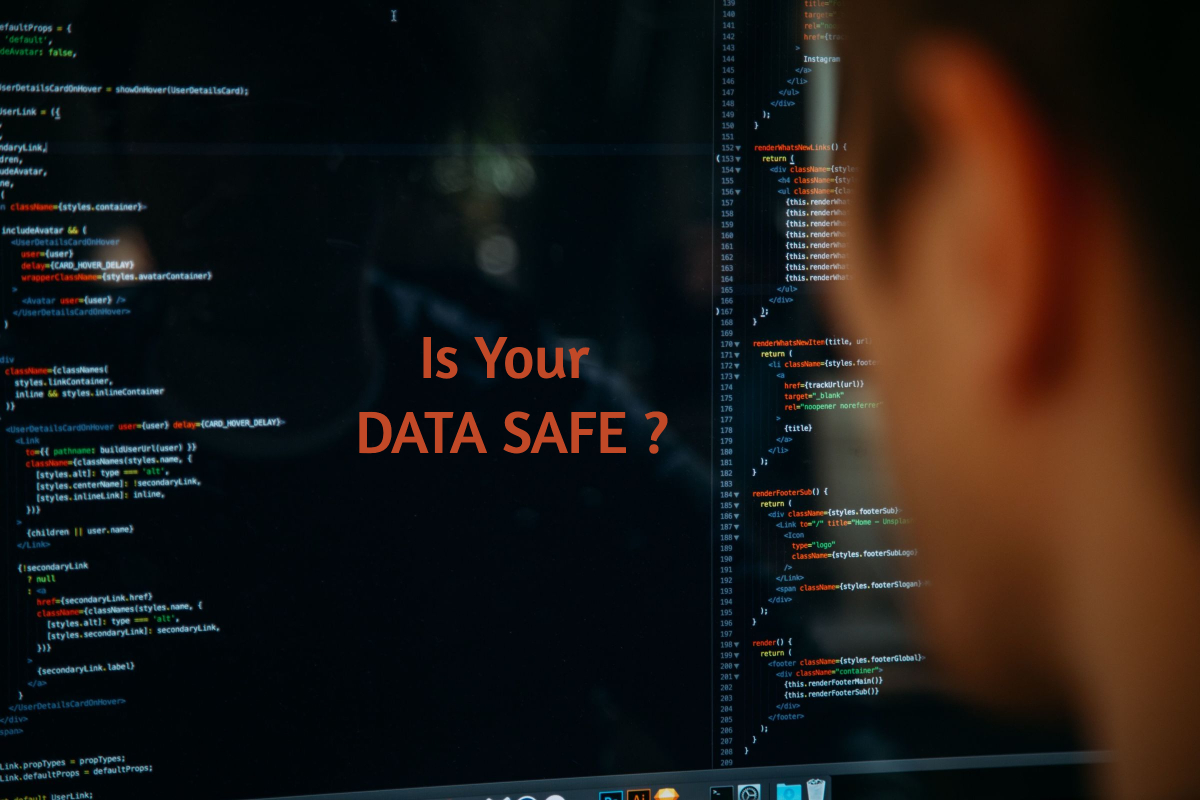National Public Data Breach Sparks Nationwide Concern: What It Means for You
In a troubling development, U.S. citizens are grappling with a major data breach that has led to more than a dozen lawsuits against a prominent data firm, National Public Data. Based in Alpharetta, Georgia, National Public Data is under fire after a massive leak of Social Security numbers, leaving millions of Americans vulnerable to identity theft. This case, unfolding across various states, underscores the growing concerns about the security of our personal information in the digital age.
What Happened?
National Public Data, a company that handles vast amounts of personal information, recently became the target of a cyberattack that exposed Social Security numbers of countless individuals. This breach has sparked a wave of legal action, with lawsuits being filed in several states, including New York, California, and Texas. Plaintiffs argue that the company failed to adequately protect their information, leading to a violation of privacy and a breach of trust.
Why Is This Important?
For many Americans, Social Security numbers are the key to their financial and personal identity. These numbers are used for everything from opening bank accounts to securing employment. When this critical information is compromised, it can lead to devastating consequences, such as identity theft, fraudulent loans, and tax fraud. The lawsuits against National Public Data highlight the severe impact that such a leak can have on individuals and families across the country.
The Growing Threat of Cybercrime
This incident is just one example of the increasing frequency and severity of cyberattacks in the United States. As more of our personal information is stored electronically, the risk of data breaches grows. Cybercriminals are becoming more sophisticated, often targeting companies that hold vast amounts of sensitive data, knowing that a successful breach can yield massive rewards.
But why are these crimes happening more often? One reason is the rapid pace of technological advancement, which sometimes outstrips the security measures designed to protect our data. Hackers are constantly finding new ways to exploit vulnerabilities in systems that may not be adequately updated or monitored. Additionally, as more businesses move their operations online, the amount of data stored electronically increases, making it an attractive target for cybercriminals.
Can We Trust Our Information to Be Stored Electronically?
This breach raises an important question for all Americans: can we trust companies to keep our information safe? While electronic storage of data is convenient and often necessary, it also comes with significant risks. The National Public Data case is a stark reminder that even companies specializing in data protection can fall victim to cyberattacks. This incident should encourage us to be more vigilant about where and how our personal information is stored.
Protecting Your Information
So, how can you protect your information in an increasingly digital world? Here are a few steps you can take:
- Monitor Your Accounts Regularly: Keep a close eye on your bank accounts, credit reports, and other financial statements. Report any suspicious activity immediately.
- Use Strong, Unique Passwords: Ensure that your online accounts are secured with strong, unique passwords. Avoid using the same password across multiple sites.
- Enable Two-Factor Authentication: Whenever possible, enable two-factor authentication on your accounts. This adds an extra layer of security by requiring a second form of verification.
- Be Cautious with Personal Information: Only share your Social Security number and other sensitive information when absolutely necessary. Ask why it is needed and how it will be protected.
- Stay Informed: Keep yourself updated on the latest cybersecurity threats and learn about the best practices to protect your data.
The Road Ahead
The lawsuits against National Public Data are a clear signal that Americans are taking data security seriously. As these cases progress, they could lead to stricter regulations and better protection for consumers. However, it’s crucial that we also take personal responsibility for safeguarding our information. While companies must be held accountable for their role in protecting our data, we must also do our part to minimize the risks associated with storing personal information electronically.
In a world where cybercrime is becoming increasingly common, awareness and vigilance are our best defenses.


